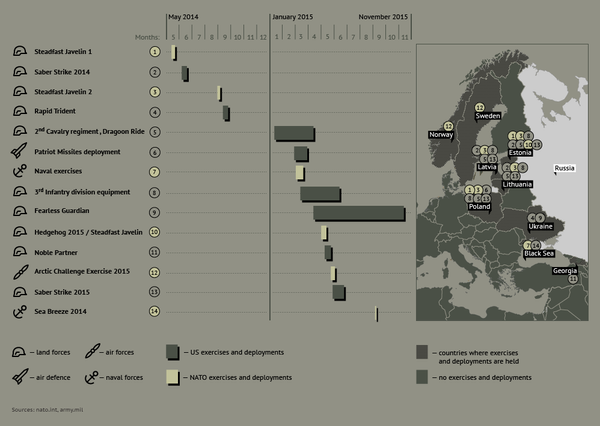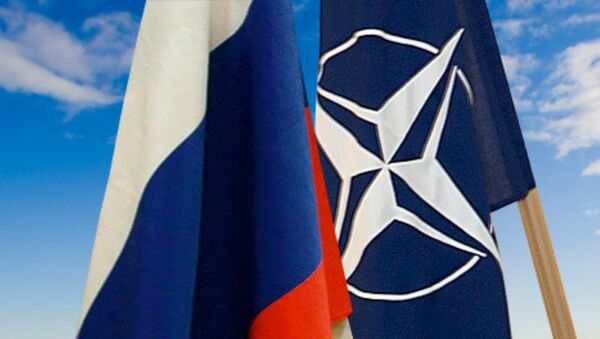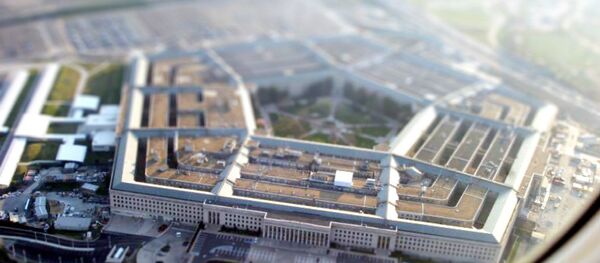The Task Force on Greater Cooperation in Europe, which is backed by various European, Russian and Turkish think tanks, has called for a memorandum of understanding to be established between NATO and Russia, which would set down a set of rules outlining the expectations of both sides in regards to air and maritime encounters.
Good to see scholars thinking about the risk and consequences of inadvertent escalation between Russia and NATO. http://t.co/ZqZkHKhYud
— David Eisler (@David_Eisler) 26 августа 2015
The recommendation comes amid a Cold War-era breakdown in relations between Moscow and the West, and follows NATO's decision to suspend all civilian and military co-operation with Russia last year, citing Crimea's decision to join Russia, which the West has labeled as an illegal annexation.
A New Arms Race
Russia has countered these actions by bulking up its own military resources, triggering fears of another arms race between the two parties.
On top of the building up of arms, there has been an increase in the number of close military encounters between NATO and Russian forces, as well as a rise in the number of military training drills being held in strategically sensitive locations.
The UK-based European Leadership Network (ELN), which provided information for the Task Force, found that there had been 66 ‘close military encounters' between the two sides since March last year.
Russia's fmr Foreign Minister Ivanov & fmr Head of Foreign Intelligence Trubnikov call for #NATO-#Russia memorandum. http://t.co/77CowP4Zac
— The ELN (@theELN) 26 августа 2015
NATO reports say the alliance intercepted four times as many Russian aircraft in 2014 compared to 2013, while Russian officials have publicly stated that there have been twice as many NATO tactical aircraft recorded near its borders since 2013.
As a result of this increase in tension and military activity, the Task Force says there is a risk that a misinterpreted incident could trigger direct conflict.
"In our view, the situation is ripe with potential for either dangerous miscalculation or an accident that could trigger a further worsening of the crisis or even a direct military confrontation between Russia and the West."
Re-Establish Dialogue
The main recommendation is for the re-establishment of the Russia-NATO Council, which could be used to set out a series of guidelines to avoid military misunderstandings.
"Given the increased scale of military activities in the Euro-Atlantic area today, and the increased number of close military encounters, just such an agreement is now needed between NATO and Russia to prevent accidental incidents or miscalculations leading to an escalation of tension and even confrontation," the Task Force report says.
"It would also be useful to engage Sweden and Finland, both of which are exposed to the dangers connected with increased military activities in the Baltic Sea region, into the discussions at an early stage. "
Such a request is seen to be critical of the current NATO response, given that the military alliance were the ones who broke off relations with Russia in April last year, citing perceived Russian aggression in Crimea.
As the conflict in Ukraine continues and relations between Russia and the West remain frosty, the Task Force believes that actions need to be taken to cool tensions before an unintended conflict breaks out.
"The signatories of this Task Force statement are convinced that this objective should be pursued with utmost urgency. While it may seem a bureaucratic or technical measure, the future of Euro-Atlantic security might very well depend on it."





